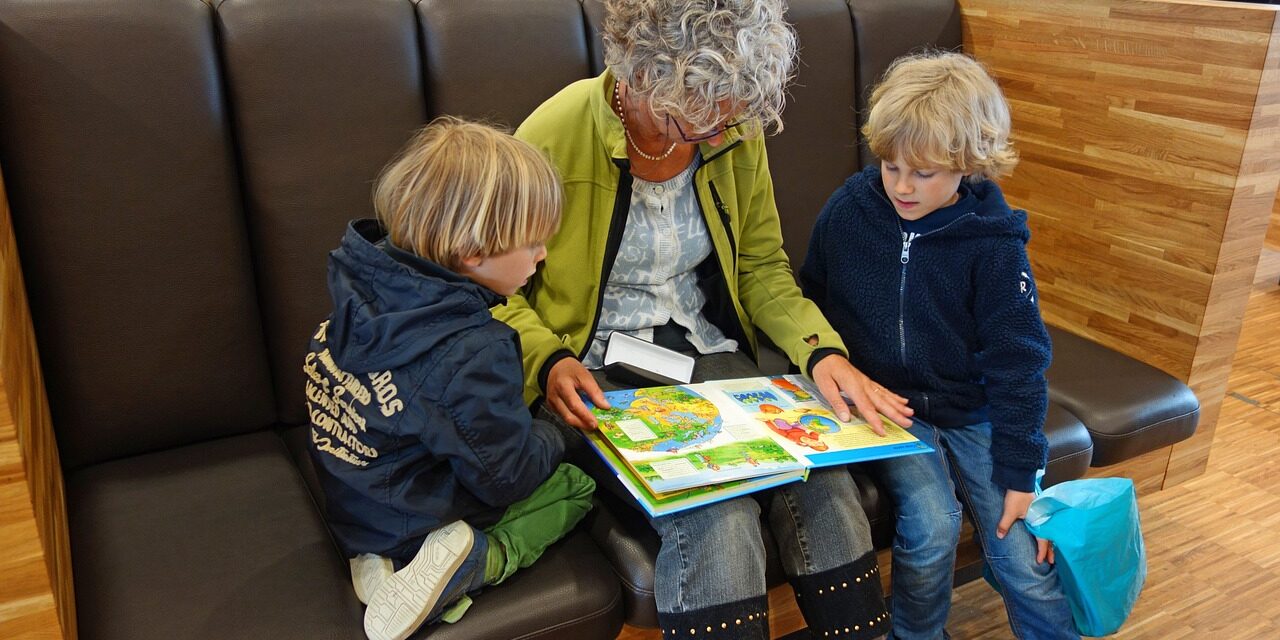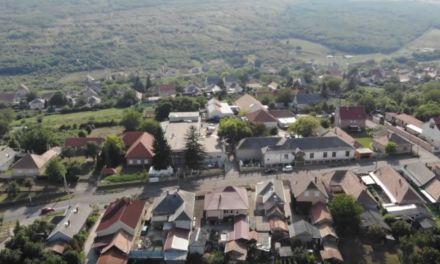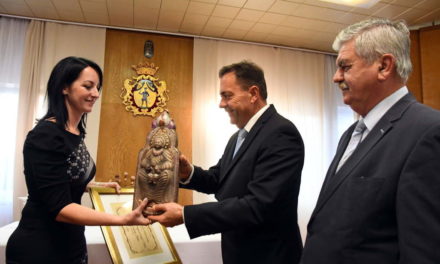In Hungarian families, 96 percent of grandparents maintain some form of contact with their grandchildren, and in most families, in 86 percent of families, the elderly and the young understand each other well, the Mária Kopp Institute for Population and Families (KINCS) announced on Sunday, based on its latest research.
It was pointed out: for thirty-three years, on the first of October every year, different countries around the world greet the elderly with festive events, and this day is particularly important and famous in Hungary as well.
According to research conducted for the World Day of the Elderly, the fact that the majority of grandparents, 84 percent, spend major family holidays with their children and grandchildren indicates a sense of belonging. The representative survey also points out that the more grandchildren one has, the greater the feeling of happiness.
In Hungarian families, the relationship between the elderly and the young is particularly good, in the majority of families the members of the older and younger generations meet at least once a week (69 percent). Almost two-thirds of grandparents (63 percent) are actively involved in raising their children.
Every sixth family has grandparent help. In half of the families participating in the research, they can count on the older generations for child-rearing and housework, in half of the families, for example, the grandchildren spend part of the summer vacation with the grandparents. According to three-quarters of the respondents, grandparents are an important support for family members in a spiritual sense, and in four out of ten cases also in a financial sense.
In the announcement, it was written that not only the younger generations can count on the older ones, but also the other way around. The majority of the elderly can rely on their family members when it comes to joint programs (65 percent), their health and medical care (61 percent), managing official affairs (47 percent), household tasks (45 percent) or even financial support (30 percent).
Eight out of ten grandparents see their grandchildren at least weekly, 41 percent of grandparents see their grandchildren daily, 38 percent weekly, 6 percent several times a month, and 11 percent see their grandchildren less often.
On a scale of ten, those who have at least three or more grandchildren have the highest sense of happiness and security - above seven.
Two-thirds of the elderly participating in the research have an illness for which they take medication, but at the same time, eight out of ten report that they exercise regularly and pay attention to their physical health. The majority of elderly people in Hungary are characterized by active aging and meaningful pastimes, two-thirds of them (66 percent) have some kind of hobby, and more than half of the elderly (55 percent) are also members of some kind of community outside the family, such as a religious community.
The nationally representative research was conducted by telephone interviewing a thousand people among the adult Hungarian population between July 12 and 28.
On the occasion of World Elderly Day, Alexandra Szentkirályi wrote on social media that
"We made an agreement with the pensioners in 2010: as long as there is a national government in Hungary, the purchase value of their pension will remain. The past few years have proven that we keep our word and even return the 13th monthly pension that the left-wing government took from them.
Pensioners can still count on the government!
And thanks to the pension adjustment, in November the postman will receive almost half a month's pension more on average."
MTI/Facebook
Featured Image: Pixabay












